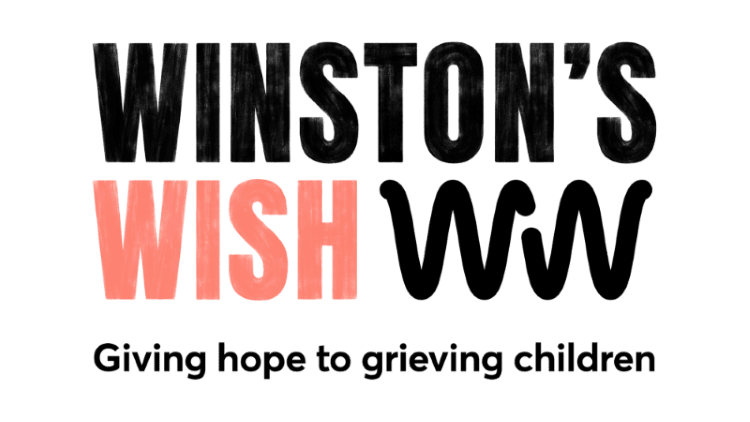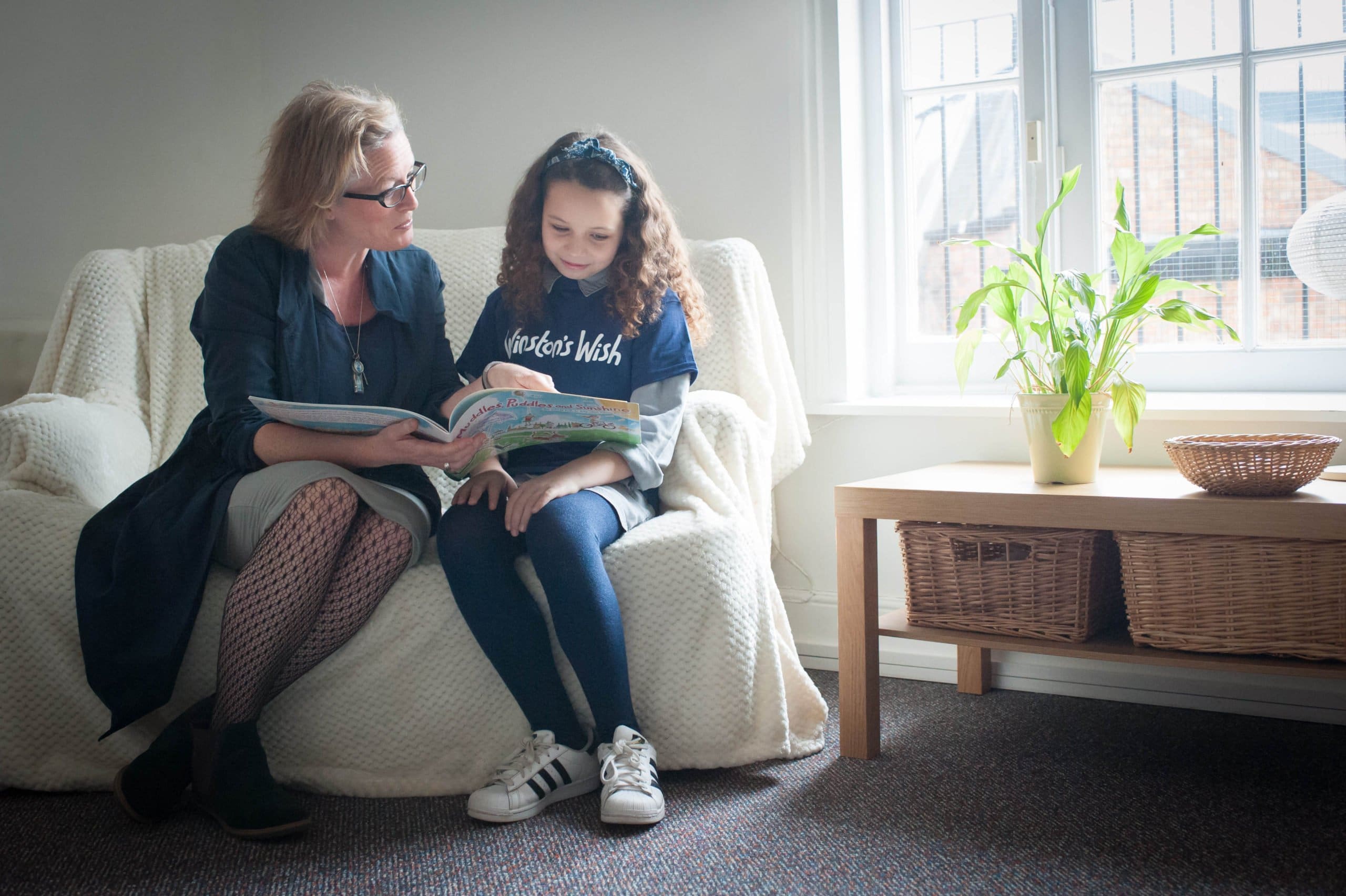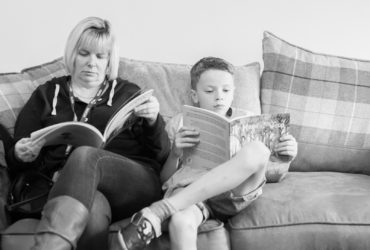Terrorist attacks, as well as natural and man-made disasters, are, sadly, regular occurrences these day – in the last few years we have seen multiple attacks in the UK and around the world. When these events hit the news it is important to think about how and what we communicate with children and young people.
Remember that all adults, especially teachers, carers and parents, are important role models – we need to take the lead.
Though we may not always see it first hand, especially as a parent, children and young people are learning from us all the time. This includes how we respond to distressing events in the news. Remember that when a major incident occurs it is broadcast repeatedly on news outlets and widely communicated in person and through the internet. Most children and young people will have heard it talked about, and in some instances, it will be a significant topic of conversation in the playground. Sometimes children through their own fear, or to cause a reaction in others, may exaggerate either the details of what has happened or the danger present now.
It is appropriate and important to let children know that we are all likely to have an emotional reaction to a tragic event. We can show them that feeling sad, angry, confused or upset is normal after these events. However, we also want to reassure them and show them that we are able to cope with even the most difficult tragedies. It is also important not to assume that children will see things in the same way as us, if we do, we could inadvertently project our fears onto them. For example, we may be imagining another similar event happening to us, friends or family or in our locality when they see are seeing this as an isolated event.
How can we be ‘honest and open’ and reassuring?
We can naturally worry that by talking about tragic events we can trigger fears or make people think they are more likely to happen. However, we have learnt that ‘not talking about’ something as important as people dying or being killed is more likely to have the effect of increasing anxiety and confusion. There are two main reasons for this:
- Children may make up, or have heard, more frightening inaccurate stories about what has happened and/or will happen in the future
- Not talking about an important event gives the implicit message that this is something we cannot manage.
We reassure by:
- The way in which we talk about something – children will notice our tone of voice, body language and our words. Whilst acknowledging sadness or upset we also want to be calm and reassuring in our manner.
- Helping children appreciate how rare these events are. It may be helpful to point out that the stories are in the news not only because they are shocking and sad, but also because they are rare.
- Where appropriate, pointing out the police or other emergency services are acting to make things safer (for example by arresting perpetrators or finding out why an accident happened).
- If this is an act of terror or other killing it is helpful to talk about people doing ‘bad things’ as opposed to ‘bad people’.
Help to avoid excessive repeated exposure to events
We know that we cannot shield children from these painful events and that attempting to do so can have negative consequences. No child has ever told us they were glad someone lied to them about a death. However, there are studies that show repeatedly watching tragic events, such as the planes flying into the building on 9/11 may have negative psychological consequences (for adults and children).
Age appropriate needs
Younger children (3-6 years)
They primarily need to hear that they are safe. Ideally parents and carers will keep calm, reassure about physical safety and help children to understand about their emotional reactions. Young children may be sensitive to absence from care givers, in this case it is important to provide information that will help them understand about the separation and be reassured about the re-union.
Children aged 7-12 years
In this age range children will be increasingly active users of media. They may be exposed to information before they have adequate life experience to place it into context. They may have questions about good and evil and think about more long term consequences. They need help integrating this experience into a balanced view of the world and the risks of life. They will need comfort and reassurance and they will appreciate having their own thoughts, feelings and questions taken seriously.
Adolescents and teenagers
They may be more media savvy and have access to more forms of news than parents and teachers. However, they may get distorted information or form very superficial black and white views of events. It can also be hard to know whether they are impacted by events because they often do not communicate distress or worry to adults. They are likely to value clear information and modelling from parents or teachers, even though, they may not show it outwardly. Often it is helpful to talk about your own experience or other people’s thoughts and feelings as a way of validating their experience without them feeling exposed or vulnerable.
Where to get support
If you feel that you need to seek extra support you can contact our expert team by calling 08088 020 021 (available 8am to 8pm, Monday – Friday), email ask@winstonswish.org or use our online chat.
Our Winston’s Wish Crisis Messenger is available 24/7 for urgent support in a crisis. Text WW to 85258.
Other resources you might find helpful
Publications and resources
Our specialist publications to help parents and professionals supporting grieving children and young people of all ages and circumstances.
Activities for bereaved children
Download our activities to help grieving children and young people to explore and express their feelings and emotions and to help them maintain memories of the person who has died.




